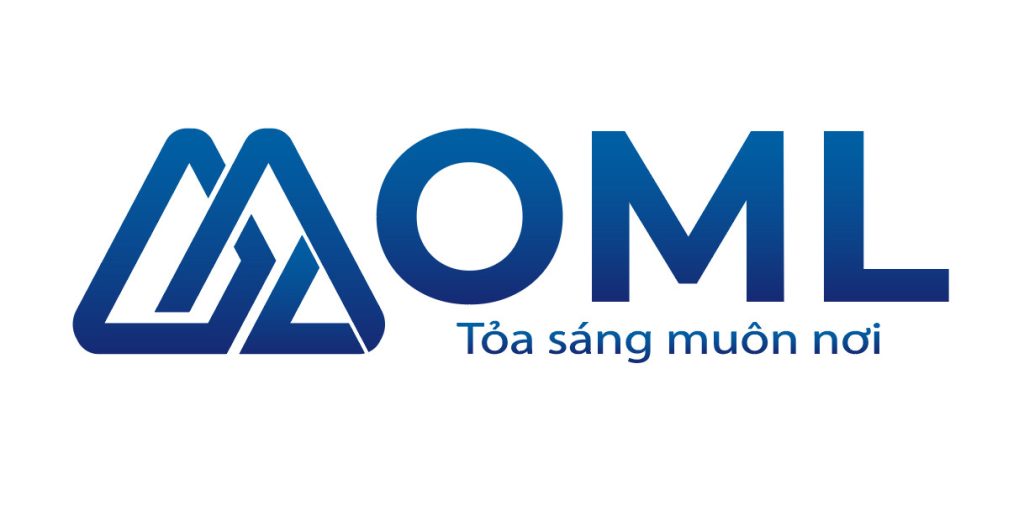Chưa được phân loại
From Impossible to Achievable: The Transformative Power of ‘Mission Uncrossable’
The Allure of ‘Mission Uncrossable’
Casinos often tout their games as ways to beat the odds, but one concept has piqued the interest of enthusiasts: "mission uncrossable." A term coined in online forums and social Mission Uncrossable media groups, it refers to an unlikely win that defies probability. These stories captivate because they demonstrate how impossible outcomes can become achievable.
A Brief History of ‘Mission Uncrossable’
The concept’s origins are unclear, but some attribute its emergence to a group of experienced players on Reddit’s r/casino forum. They shared tales of improbable wins and discussed the underlying principles that made these victories possible. The term "mission uncrossable" was born from these discussions.
Understanding the Mathematics
Before delving into the concept itself, it’s essential to grasp the underlying math behind casino games. Probability is a fundamental aspect of gaming, as each spin or hand has an inherent chance of success. In slots, for example, a winning combination might occur 1 in every 10 million attempts.
While the numbers seem daunting, players have found ways to manipulate and exploit these probabilities over time. Strategies like progressive betting and hot/cold streak tracking aim to maximize returns while minimizing losses. These methods may not guarantee wins but can improve one’s chances of success.
The Psychology of ‘Mission Uncrossable’
Beyond the mathematical aspect lies a more intriguing aspect: human psychology. Stories of improbable wins captivate audiences because they embody hope and defiance in the face of uncertainty. When people experience or witness these "mission uncrossable" moments, it can have a profound impact on their perception of probability.
Cognitive biases, such as confirmation bias (seeing patterns where none exist) and gamblers’ fallacy (believing that past results influence future outcomes), play significant roles in shaping players’ attitudes. When confronted with an impossible win, these biases often manifest as rationalizations: "I must have been on a hot streak," or "The odds were rigged against me."
Case Studies of ‘Mission Uncrossable’ Wins
Several stories and examples demonstrate the power of "mission uncrossable." One such tale involves a player who won over $1 million at a slot machine while playing a mere 25 cents per spin. This feat defied the game’s built-in house edge, sparking widespread discussion on online forums.
Another example comes from an online poker tournament where a novice player outlasted more experienced opponents to secure a life-changing prize package. The victory was all the more impressive given the sheer number of players and the significant skill difference between them.
The Social Aspect
As with any captivating concept, "mission uncrossable" has spawned its own community. Online forums and social media groups dedicated to sharing stories of improbable wins serve as hubs for enthusiasts. Players share their experiences, discuss strategies, and offer advice to one another.
This collective aspect fosters a sense of camaraderie and shared understanding among those who have witnessed or achieved "mission uncrossable" moments. The stories become part of an oral tradition, passed down through the community as examples of what can be accomplished against all odds.
Criticisms and Controversies
While the concept of "mission uncrossable" is undeniably captivating, some critics argue that it perpetuates unrealistic expectations and reinforces problematic attitudes toward gaming. These concerns revolve around:
- Overemphasis on luck : By highlighting improbable wins, the community might inadvertently create an aura of expectation that luck will prevail over skill or probability.
- Glamorization of irresponsible betting : Stories of "mission uncrossable" often involve high-stakes bets or reckless spending. This can normalize behaviors that lead to financial hardship and addiction.
Conclusion
"Mission uncrossable" is more than just a catchy term; it embodies the transformative power of improbable wins on players’ attitudes toward probability and risk. While some criticisms surrounding the concept are valid, its impact on the gaming community lies in its ability to inspire hope and challenge conventional thinking about chance events.
As with any concept that captivates the imagination, "mission uncrossable" warrants nuanced discussion and critical examination. By acknowledging both its allure and potential pitfalls, we can better understand how this phenomenon affects players and casino operators alike.
